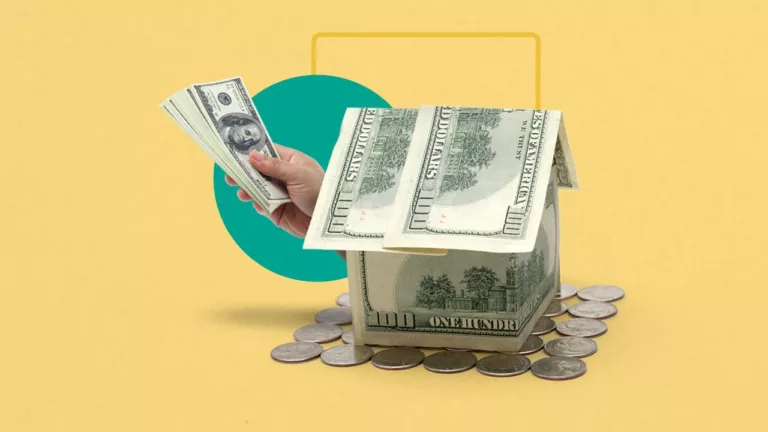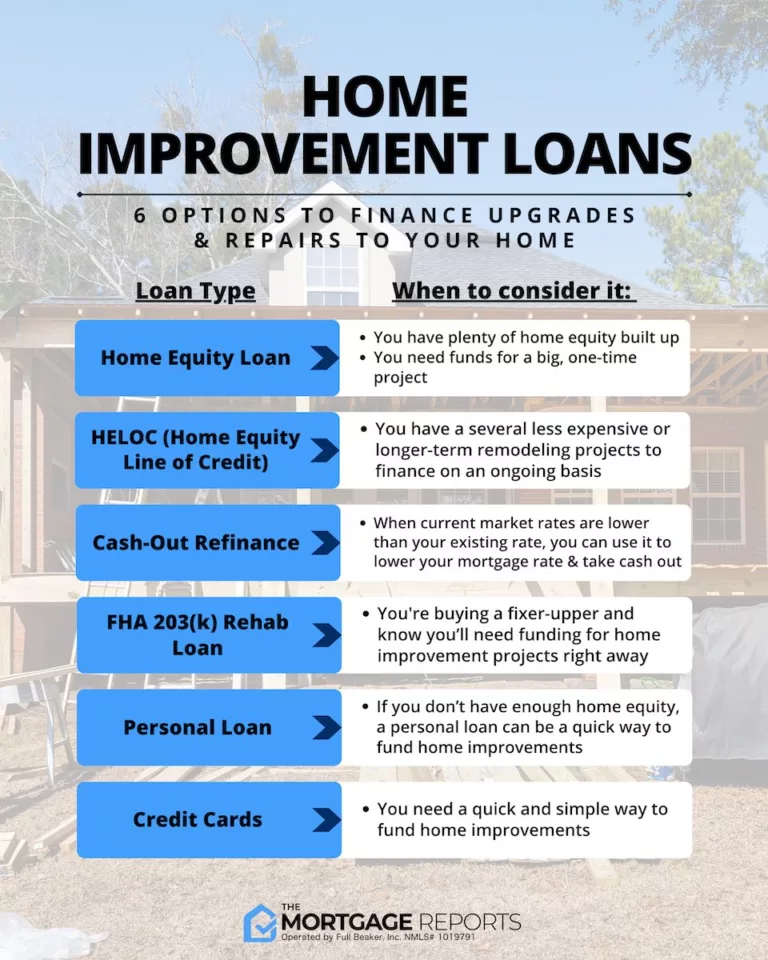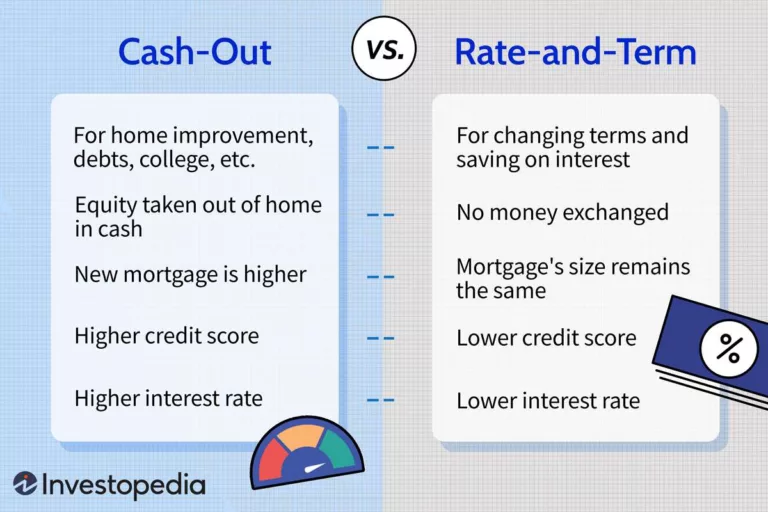Refinance Mortgage Rates for Bad Credit: Unlock Savings!
Refinancing your mortgage with bad credit may seem hard. But, you can do it! There are ways to get better rates even with a low credit score. This article will show you how.
What is Refinancing?
Refinancing means getting a new mortgage to replace the old one. This can help you get a lower interest rate. It can also help change how long you have to pay the loan back.

Credit: www.rocketmortgage.com
Why Refinance with Bad Credit?
- Lower Monthly Payments: With new rates, you can pay less every month.
- Save Money: Over time, a lower rate lets you save on interest costs.
- Better Loan Terms: You might be able to change how long the loan lasts.
Understanding Your Credit Score
A credit score is like a report card for how you handle money. A high score can get you good loan terms. A low score can make it tough to get a good mortgage.
How to Check Your Credit Score
You have the right to get a free credit report every year. Use websites like AnnualCreditReport.com to check your score without paying.
How Bad Credit Affects Refinance Rates
Bad credit can mean higher interest rates. Banks see low scores as a warning sign. They think lending you money is riskier. So, they ask for more money in interest.

Credit: www.facebook.com
Steps to Refinance with Bad Credit
- Know your credit score.
- Look for bad credit refinance options.
- Compare rates from different lenders.
- Prepare to show steadier income.
- Consider applying with a cosigner.
- Opt for government-backed refinance programs.
Improving Your Chances
Improve Your Credit Score
- Pay bills on time.
- Pay down your debts.
- Keep old credit accounts open.
- Limit new credit inquiries.
Find The Right Lender
Some lenders work specifically with people who have bad credit. They may offer better rates to help you.
Consider A Cosigner
A cosigner with a good credit score can help lower your rates. They sign the loan with you. This shows the bank that someone else can help pay if needed.
Government Programs
Some government programs like FHA, VA, and USDA offer refinance options for people with bad credit. Check if you qualify for any of these.
Comparing Mortgage Refinance Rates
| Lender | Rate for Bad Credit | Terms | Notes |
|---|---|---|---|
| Lender A | 5% | 30 years | Lowest rate but stricter terms. |
| Lender B | 5.5% | 20 years | Higher rate, but shorter term. |
| Lender C | 6% | 30 years | Offers help with closing costs. |
Costs Involved in Refinancing
- Application Fees: The cost to apply for the new loan.
- Origination Fees: Fees for creating the new mortgage.
- Appraisal Fees: The cost of someone checking your home’s value.
- Closing Costs: Various costs at the end when you sign the new mortgage.
Tips to Remember
- Shop around and compare rates.
- Don’t rush to sign the first offer.
- Read all the loan documents carefully.
- Ask questions if something is not clear.
Frequently Asked Questions For Refinance Mortgage Rates For Bad Credit: Unlock Savings!
Can Bad Credit Affect Refinance Rates?
Bad credit often leads to higher mortgage refinance rates due to increased lender risk.
How To Find Refinance Options With Bad Credit?
Researching online lenders and credit unions may uncover refinance options suited for bad credit profiles.
What Are Subprime Refinance Mortgage Rates?
Subprime refinance mortgage rates are typically higher to compensate for the increased risk of lending to individuals with poor credit histories.
Does Refinancing Hurt Your Credit Score?
Refinancing can momentarily drop your credit score due to hard inquiries from lenders and changes in credit accounts.
Conclusion
Refinancing your mortgage with bad credit is possible. With some effort and research, you can find a better rate. Remember to work on improving your credit score for the future. The better your score, the better your loan options! Good luck!



